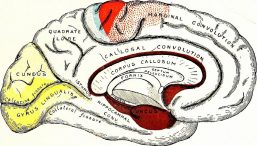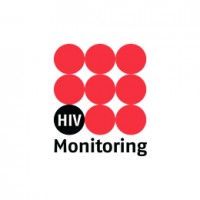
Predictors of Neurocognitive Disorders
In the September 2016 issue of HIV Treatment Alerts! the AGEhIV Cohort Study group published an article on cognitive disorders. The article describes the results of an analysis on cognitive disorders in HIV-positive and HIV-negative AGEhIV Cohort Study participants. The most important findings are summarized below:
HIV-positive participants scored worse on neuropsychological assessments than HIV-negative participants. The aim of the current analysis was to assess which factors are associated with a lower score on these assessments and therefore what drives the prevalence of HAND (HIV Associated Neurocognitive Disorder).
Among HIV-positive participants we identified seven factors that were associated with a worse score on neuropsychological assessments:
• daily to monthly use of cannabis
• prior cardiovascular disease
• prior decreased kidney function
• diabetes mellitus
• an increased waist-to-hip ratio
• symptoms of depression
• prior low CD4 cell count (severe immunodeficiency in the past)
Four of these factors positively predicted whether an HIV-positive participant was diagnosed with HAND:
• daily to monthly use of cannabis
• prior cardiovascular disease
• prior decreased kidney function
• diabetes mellitus
The study shows that the neurocognitive impairment among HIV-positive individuals is caused by multiple factors. Part of these factors are associated with their HIV infection, but others are indirectly or not at all related to HIV. More data on neurological functioning was collected during a second substudy visit. This substudy has recently been completed and will provide more information on the incidence and prevalence of HAND after two years of follow up. It will more precisely specify factors that are associated with development of neurocognitive impairment.



